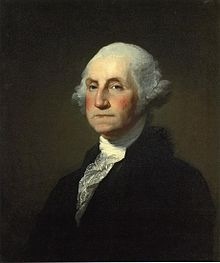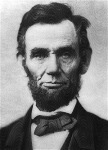
George Washington’s Thanksgiving Proclamation
[New York, 3 October 1789] By the President of the United States of America. a Proclamation. Whereas it is the duty of all Nations to acknowledge the providence of Almighty God, to obey his will, to be grateful for his benefits, and humbly to implore his protection and favor–and whereas both Houses of Congress have by their joint Committee requested me “to recommend to the People of the United States a day of public thanksgiving and prayer to be observed by acknowledging with grateful hearts the many signal favors of Almighty God especially by affording them an opportunity peaceably to … Continue reading George Washington’s Thanksgiving Proclamation



